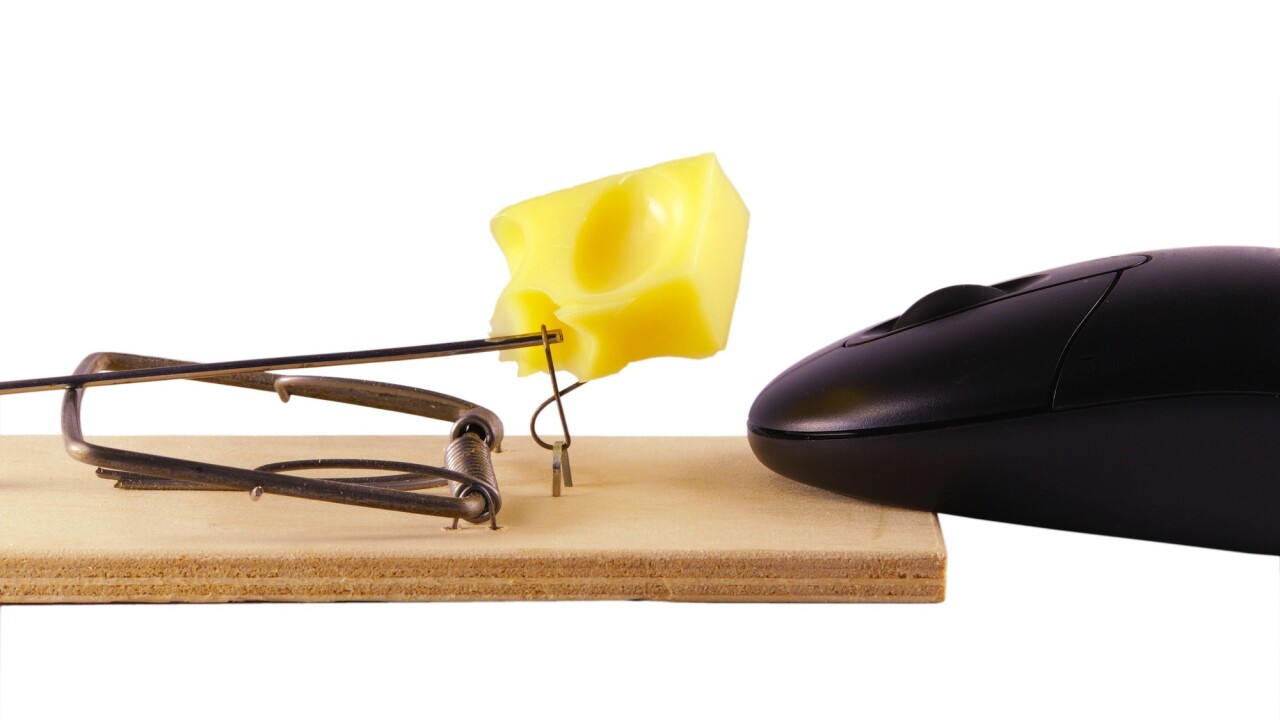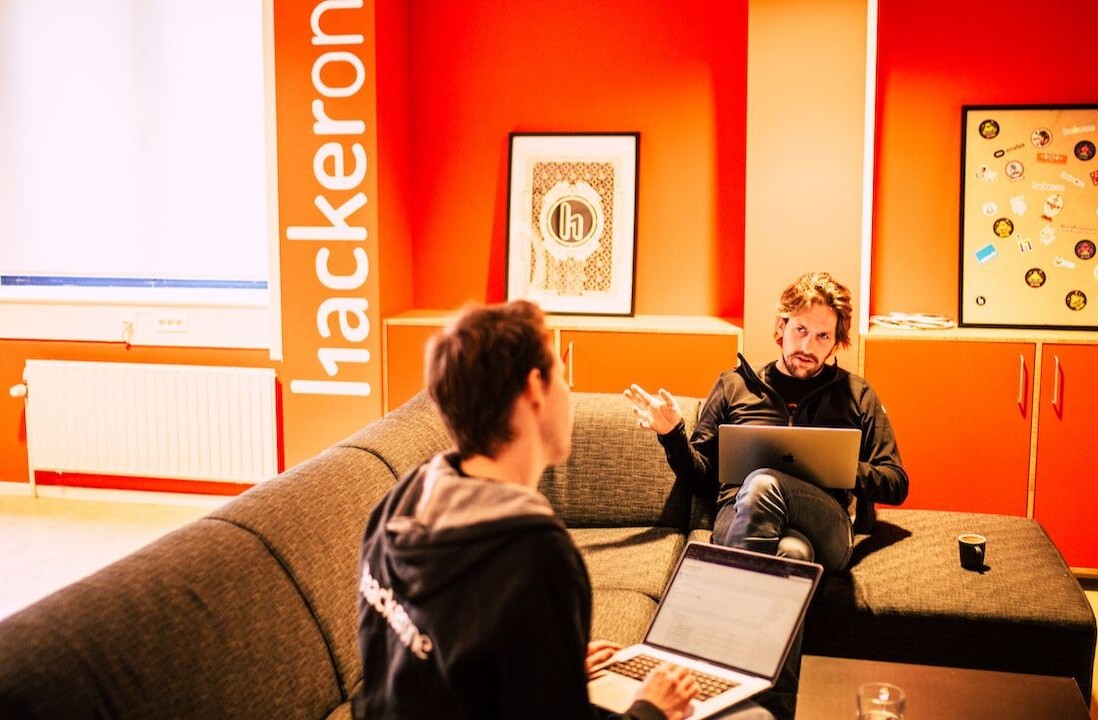
Len Kendall is the founder of CentUp. Prior to starting a company he worked in PR where he helped put out fires and manage digital communications.
Headlines Against Humanity was a side project my team created in less than 24 hours. It went viral shortly after, but let’s back up.
Running a startup can be a grind. Unless you’ve figured out a way to make lots of money while drinking beer and playing lawn darts, then your days and weeks can be taxing.

Gmail and Adsense came from Google’s “20% time” (the program is sadly no longer around). Blogger was created in Evan William’s down-time while at Pyra Labs, while Elon Musk put together actionable plans for a 700 mph train, bringing more visibility to Tesla and SpaceX.
The point is, side projects can be both fun and somehow beneficial to a business – especially when you’re talking about a startup.
How did we do it?
One of our co-founders Tyler Travitz approached the group with the idea to build a simple game that poked fun at the recent rise of click-baity headlines you see on sites like Viralnova and Upworthy. We all had noticed the uptick in these headlines being shared in our Facebook feeds, as well as more news outlets covering this copywriting trend.
The game basically asked visitors to guess which ridiculous headline were real, and which were fake. The best part? Most of them were real.
Everyone on the team knew there was a great deal of potential in this exercise, but how could we make sure that it A) was visible and B) drove our business goals?
There’s never a guarantee that something will go viral, but there are ways to stack the deck so the chances increase. In the case of HaH, we knew journalists would want to cover the project because they’re keenly aware of the rise of page view journalism.
The next step was wrapping it in a package that was immediately recognizable. Cards Against Humanity ended up being a perfect fit. Not only has it been one of the top selling games on Amazon the last two years, but it also has a simple Helvetica aesthetic that’s easy to replicate (Hooray! Less time to produce).
Lastly, we employed the very same tactic that click-seeking sites use themselves. We let game players tweet out the absolutely ridiculous REAL headlines they were discovering on our site.
You won’t believe what happened next
Was building this game fun? Did it pay off for the business? Hell yes.
The CentUp team spent approximately 20 hours on researching headlines, designing the game, and developing the site. We spent less than an hour pitching/seeding the site; it basically took off organically.
The output was far greater than we expected. We saw a 450 percent increase in traffic to our site and a 150 percent increase in customer sign-ups over a three-day period.
Also it’s hard to ignore all the wonderful SEO juice we squeezed which will help us in the long run. Perhaps most importantly, our game was able to make a subtle point that resonated with our mission to improve how talented creators are compensated
Startup founders love talking about growth hacking and optimization. That’s all well and good for the day-to-day, but if you’re not investing a bit of time on left-field side projects you’re doing yourself, your customers, and even your investors a disservice.
Sometimes these things fail; sometimes they have a huge pay-off. Having a diversified portfolio of side projects gives your business wider visibility and keeps your staff continually energized.
The “high” of doing something new is something that almost all founders thrive on. It’s a big reason they decided to start a company in the first place. The key is to direct that urge towards small, frequent, fun, and relevant side projects.
You’ll never believe how amazing THIS practice can be…
Top image credit: Shutterstock/Andrey Ezhov
Get the TNW newsletter
Get the most important tech news in your inbox each week.






